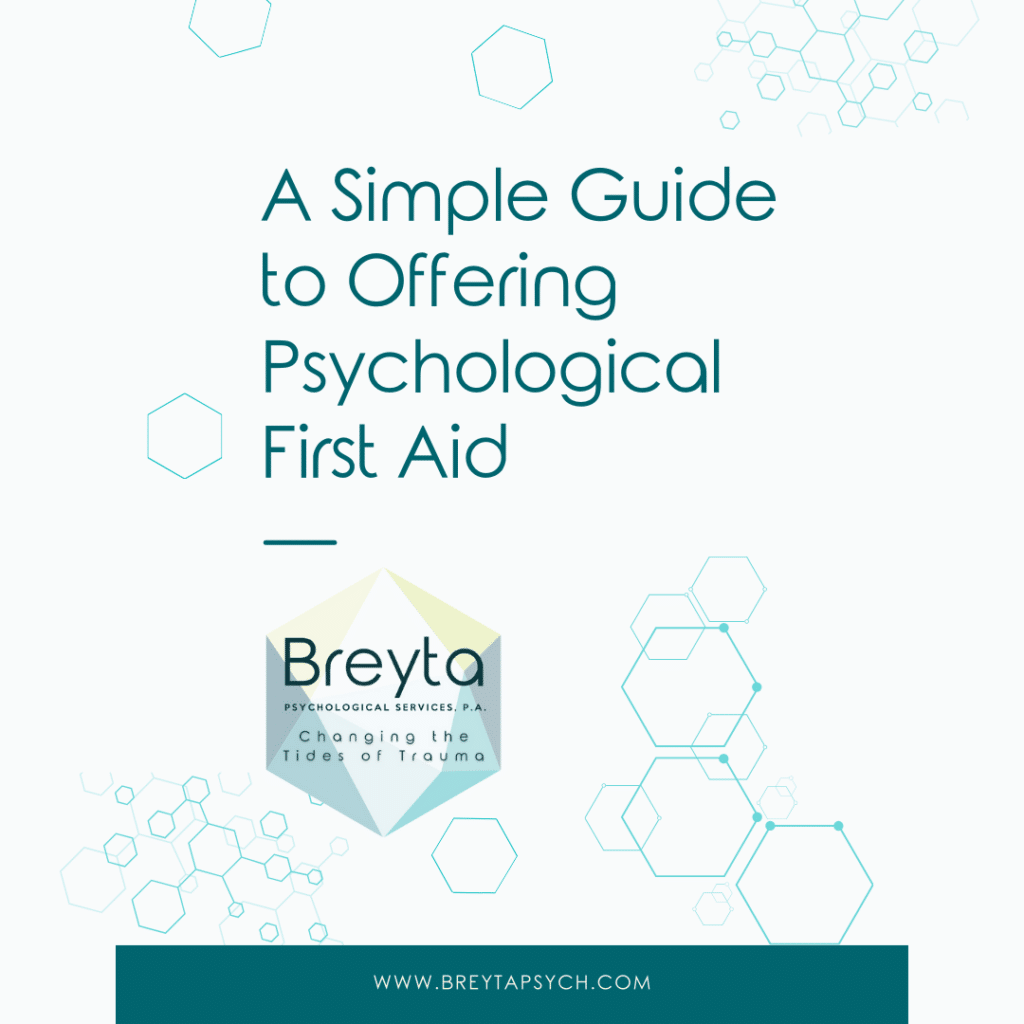by Vanessa H. Roddenberry, Ph.D., HSP-P
The perinatal period—pregnancy and the first year after giving birth—is a time of immense change. While it can be filled with joy, excitement, and bonding, it’s also a time when many parents feel overwhelmed, anxious, or even sad. Perinatal mental health is crucial, yet it’s not often talked about openly. It can be confusing if you aren’t feeling the constant joy that’s stereotypically assumed to accompany this time of life. While you may feel moments of joy, you’ll also experience a wide range of other emotions. In reality, you may not have had an easy pregnancy, you might have experienced a traumatic birth, or you may be struggling to connect with your baby or partner in the postpartum period. It’s also very likely that you’re sleep-deprived and coping with hormonal changes as you adjust to your new reality. As a new parent, it’s important to normalize these experiences and be aware of signs that may indicate when it’s time to reach out for support.
What You’re Feeling is Normal
First, let’s clear up the myth: not all new parents feel blissfully happy all the time. Many experience exhaustion, mood swings, self-doubt, and even grief over the loss of their old life. These feelings are normal and don’t mean you aren’t a good parent. Pregnancy, birth, and the early months of parenthood can bring challenges that test even the most resilient person. Your body is changing, your hormones are fluctuating, and the lack of sleep can intensify stress.
Up to 80% of new mothers experience the “baby blues” within the first two weeks postpartum. You might feel tearful, overwhelmed, and more emotional than usual. This typically resolves on its own as your hormones regulate and you adjust to your new routine.
It’s also normal to feel a mix of conflicting emotions. You can love your child deeply but still mourn the loss of your independence. You can be excited about parenthood but anxious about your ability to handle the responsibility. Acknowledging these emotions can help prevent them from turning into something more serious.
Common Perinatal Mental Health Concerns
While many of the emotional ups and downs in the perinatal period are expected, some symptoms may signal a deeper issue. Perinatal mental health concerns can include:
- Postpartum Depression (PPD): About 1 in 7 mothers will experience PPD, which includes feelings of sadness, hopelessness, irritability, and disconnection from your baby. Unlike the baby blues, these symptoms persist beyond the first two weeks and can interfere with your ability to function.
- Postpartum Anxiety: Many parents worry about their baby’s health and safety, but postpartum anxiety can involve excessive worry, panic attacks, or constant fears that something bad will happen. These feelings can become so overwhelming that they interfere with your daily life.
- Postpartum OCD: Some parents experience intrusive thoughts or compulsions related to their baby’s safety. These thoughts can be distressing and may lead to repetitive behaviors, such as constantly checking on the baby.
- Postpartum PTSD: Trauma from birth, especially if it was unexpected or complicated, can result in flashbacks, nightmares, and heightened anxiety. This form of PTSD can make it difficult to bond with your baby and navigate early parenthood.
- Perinatal Bipolar Disorder: Some parents experience extreme mood swings that shift between periods of depression and mania. This can occur during pregnancy or after giving birth, significantly affecting daily functioning and requiring professional treatment.
What to Be on the Lookout For
As a new parent, it’s important to be aware of your mental health and to recognize when what you’re feeling may go beyond typical stress or fatigue. Here are some signs that you may benefit from additional support:
- Persistent feelings of sadness or hopelessness that don’t seem to lift, even after resting or spending time with your baby.
- Difficulty bonding with your baby or feeling disconnected from them.
- Irritability, anger, or frustration that is hard to control.
- Constant worry or fear that something bad will happen to you or your baby.
- Avoiding situations that remind you of your baby’s birth or feeling distressed when thinking about it.
- Intrusive, scary thoughts that come out of nowhere and feel uncontrollable.
- Difficulty sleeping even when your baby is resting.
- Feeling overwhelmed or that you’re failing as a parent.
- Thoughts of harming yourself or your baby. These thoughts are serious, and it’s essential to reach out to a healthcare provider immediately if you experience them.
Taking Care of Yourself and Seeking Help
Taking care of your mental health is just as important as taking care of your physical health. It’s okay to ask for help if you need it. In fact, seeking support is a sign of strength, not weakness.
Here are some steps you can take if you’re struggling with your mental health:
- Talk to your healthcare provider. Your OB-GYN, midwife, or primary care doctor can screen you for perinatal mental health concerns and refer you to the right support.
- Seek support from a mental health professional. Therapy, especially with someone who specializes in perinatal mental health, can help you process your emotions and develop coping strategies.
- Join a support group. Connecting with other parents who are experiencing similar challenges can provide validation and emotional support. One excellent resource in our area is Triangle Parenting Support (TAPS). You can also check out Postpartum Support International (PSI), which has many resources on their website, as well as free online support groups and peer mentors.
- Build a self-care routine. Prioritize sleep when possible, eat nourishing foods, and find time for yourself, even if it’s just a few minutes a day.
- Lean on your support network. Allow your partner, family, doula, or friends to help with the baby and household tasks so you can take a break and focus on your well-being.
The Takeaway
Your mental health during the perinatal period matters—both for you and for your baby. Normalizing the wide range of emotions you may feel is crucial, but it’s equally important to recognize when you may need extra support. Don’t hesitate to reach out for help if you need it. The earlier you seek support, the sooner you can feel more like yourself and enjoy this important time in your life.
If you or someone you know is struggling, remember: help is available, and you don’t have to go through it alone and these feelings will not last forever.
If you’re experiencing emotional challenges or feel overwhelmed during this time, know that help is available. At Breyta Psychological Services, our team is here to support you through the perinatal period with care tailored to your needs. We invite you to reach out to us today to schedule a consultation or appointment and begin the journey toward healing and wellness.





